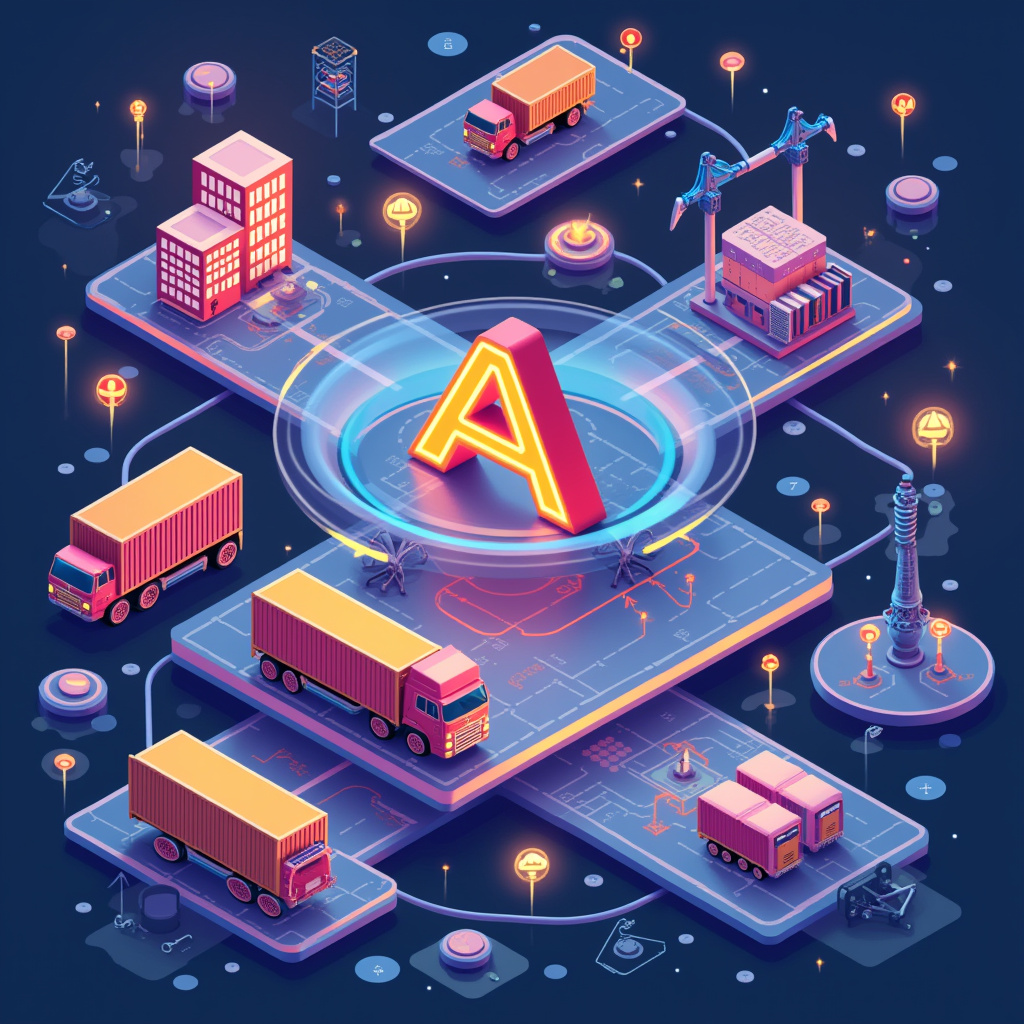The Role of AI in Supply Chain Management

Understanding Supply Chain Management
Supply Chain Management (SCM) is the process of overseeing the flow of goods and services from the point of origin to the end customer. It involves various stages, including sourcing, production, and distribution. Traditionally, managing this complex network was a daunting task, often plagued by inefficiencies and delays. However, with the advent of Artificial Intelligence (AI), the landscape of supply chain management is changing dramatically.
How AI is Transforming Supply Chain Management
AI technologies are enhancing supply chain operations in several key areas:
- Demand Forecasting: AI algorithms can analyze vast amounts of data to predict future demand patterns. This helps companies plan their inventory more effectively, reducing the risk of overstocking or stockouts.
- Inventory Management: With AI, businesses can automate their inventory tracking, ensuring that they always have the right amount of stock on hand. This not only saves time but also minimizes costs associated with excess inventory.
- Supplier Selection: AI can evaluate suppliers based on performance data, delivery times, and pricing, helping organizations choose the best partners for their needs.
- Logistics Optimization: AI-powered tools can analyze routes and delivery schedules to find the most efficient transportation methods, reducing shipping times and costs.
- Risk Management: AI can identify potential risks in the supply chain, such as supplier failures or geopolitical issues, allowing companies to mitigate these risks proactively.
The Benefits of AI in Supply Chain Management
Integrating AI into supply chain management brings numerous benefits:
- Increased Efficiency: Automation and data-driven decision-making streamline operations, allowing companies to respond to market changes more swiftly.
- Cost Reduction: By optimizing inventory and logistics, businesses can significantly lower their operational costs.
- Enhanced Customer Satisfaction: With better demand forecasting and inventory management, companies can fulfill customer orders more accurately and promptly, leading to higher satisfaction rates.
- Improved Agility: AI enables organizations to adapt quickly to disruptions in the supply chain, whether due to natural disasters, pandemics, or market fluctuations.
Challenges to Consider
While the benefits of AI in supply chain management are evident, there are challenges to consider:
- Data Quality: AI relies on accurate and comprehensive data. Poor data quality can lead to incorrect predictions and decisions.
- Implementation Costs: Integrating AI systems can be expensive, particularly for smaller companies. It requires investment in technology and training.
- Change Management: Employees may be resistant to changes brought about by automation and AI, making it essential for companies to manage this transition effectively.
Conclusion
Artificial Intelligence is revolutionizing supply chain management, offering solutions that enhance efficiency, reduce costs, and improve customer satisfaction. While challenges remain, the potential for AI to transform how businesses operate is immense. As organizations continue to embrace AI technologies, the future of supply chain management looks promising, paving the way for smarter, more resilient supply chains.




